The translucent beauty of glass, whether adorning your windows, shimmering in your shower enclosure, or delicately holding your favorite beverage, can be marred by the unwelcome presence of hard water stains. These tenacious deposits, a testament to the relentless mineral content of hard water, leave unsightly streaks and film, diminishing the aesthetic appeal of your glass surfaces. But fret no more! Understanding the science behind hard water stains and the chemical heroes that effectively dissolve them empowers you to reclaim the pristine brilliance of your glass treasures.
The Science of the Stain: Unveiling the Culprit
Before waging war on these unwelcome invaders, it’s crucial to understand their nature.
-
The Mineral Makeup: Demystifying Hard Water’s Composition: Hard water, a prevalent adversary in many regions, boasts a high mineral content. Calcium and magnesium are the primary culprits in this battle for sparkling glass. These minerals readily dissolve in hot water, but as the water cools and evaporates on the glass surface, they precipitate out as insoluble deposits. Technically known as scale, these deposits create the telltale white or cloudy film that diminishes the transparency of the glass. Iron and manganese, though less common, can also contribute to the discoloration, manifesting as rusty or brownish stains.
-
The Formation Process: How Hard Water Stains Develop: Imagine a hot, mineral-laden shower cascading down your glass doors. The calcium and magnesium readily dissolve, creating a temporary alliance with the water molecules. However, as the water evaporates, the dissolved minerals are left behind, clinging tenaciously to the glass surface like an unwanted party guest. Over time, with repeated exposure, these deposits accumulate, forming a visible and aesthetically displeasing film. The frequency of showering, water temperature, and the specific mineral composition of your water supply all play a role in the rate at which hard water stains develop.
Dissolving the Deposits: Effective Cleaning Solutions
Armed with this knowledge, you can select the most effective course of action to banish these stubborn stains. Here’s your arsenal of cleaning techniques, each leveraging the power of dissolving agents:
-
The Power of Acids: Natural Solutions for Everyday Cleaning: For those seeking an eco-friendly approach, nature offers a potent solution. White vinegar, a readily available and inexpensive hero, is a mild acid that effectively dissolves mineral deposits. The acidic nature of vinegar disrupts the chemical bonds holding the mineral ions to the glass surface, allowing them to be easily rinsed away. Apply white vinegar directly to the stained areas using a spray bottle or a damp cloth. Allow it to sit for 15-20 minutes, allowing the acidic properties to work their magic. Scrub gently with a non-abrasive sponge or microfiber cloth to loosen any remaining deposits, and then rinse thoroughly with clean water. For a touch of added cleaning power, create a solution of equal parts white vinegar and water. Lemon juice, another natural acid, can also be employed in a similar manner, although its effectiveness might be slightly diminished compared to vinegar.
-
Commercial Cleansers: Harnessing Chemical Solutions for Stubborn Stains: Commercial shower door cleaners and glass surface disinfectants are formulated specifically to tackle hard water stains. These products often contain stronger acids or chelating agents. Chelating agents act like molecular handcuffs, grabbing onto the mineral ions and forming a soluble complex that can be easily rinsed away. While highly effective, it’s crucial to follow the manufacturer’s instructions meticulously. Always wear gloves and ensure proper ventilation when using these products, as some might contain harsh chemicals. Test the cleaner on a small, inconspicuous area of the glass door before applying it liberally to avoid any potential adverse reactions.
-
Beyond Cleaning: Preventative Measures for Long-Term Clarity: An ounce of prevention, as the adage goes, is worth a pound of cure. Here are some strategies to prevent hard water stains from forming in the first place: Squeegee your shower doors or wipe down your windows after each use to remove excess water droplets and prevent mineral deposits from clinging to the surface. Consider installing a water softener for your entire home, which removes hardness-causing minerals before they reach your shower and faucets. Alternatively, a point-of-use water softener can be attached directly to your showerhead or faucet, targeting the problem at its source.
Choosing the Right Weapon: Tailoring the Approach to the Stain
The optimal cleaning method hinges on the severity of the stain and the material of your glass surfaces.
- Severity of the Stain: Matching the Solution to the Challenge: For light to moderate hard water stains, a natural solution like white vinegar might suffice. The mild acidity effectively dissolves everyday mineral buildup. However, for more stubborn or long-standing stains, a commercial glass cleaner formulated for hard water might be necessary. The stronger acids or chelating agents in these cleaners can tackle more tenacious deposits. Consider the visual severity of the stains before selecting your cleaning method.
- Material Considerations: Ensuring Compatibility with Glass Surfaces: Most modern shower doors and windows are crafted from tempered glass, which is highly resistant to scratching and can withstand most cleaning solutions. However, if you have antique glass, stained glass windows, or framed shower doors with a metallic finish, be cautious. Harsh chemicals in some commercial cleaners might damage these delicate surfaces. Always opt for a gentler cleaning solution like diluted white vinegar or consult a professional for cleaning recommendations on specialty glass.
Maintaining Crystal Clarity: Tips for Long-Term Prevention
Preventing hard water stains from forming in the first place is ideal. Here are some tips for maintaining the sparkling clarity of your glass surfaces:
-
Squeegee and Wipe Down Regularly: After showering or cleaning your windows, use a squeegee or microfiber cloth to remove excess water droplets. This eliminates the opportunity for minerals to settle and form deposits.
-
Address Spills Promptly: Don’t let hard water evaporate and leave stains. Clean up spills on glass surfaces as soon as possible to prevent mineral buildup.
-
Consider Water Filtration: If hard water is a persistent problem in your area, explore water filtration options. A whole-house water softener removes hardness-causing minerals from your entire water supply. Alternatively, a faucet-mounted filter can be installed for targeted filtration at specific points of use.


















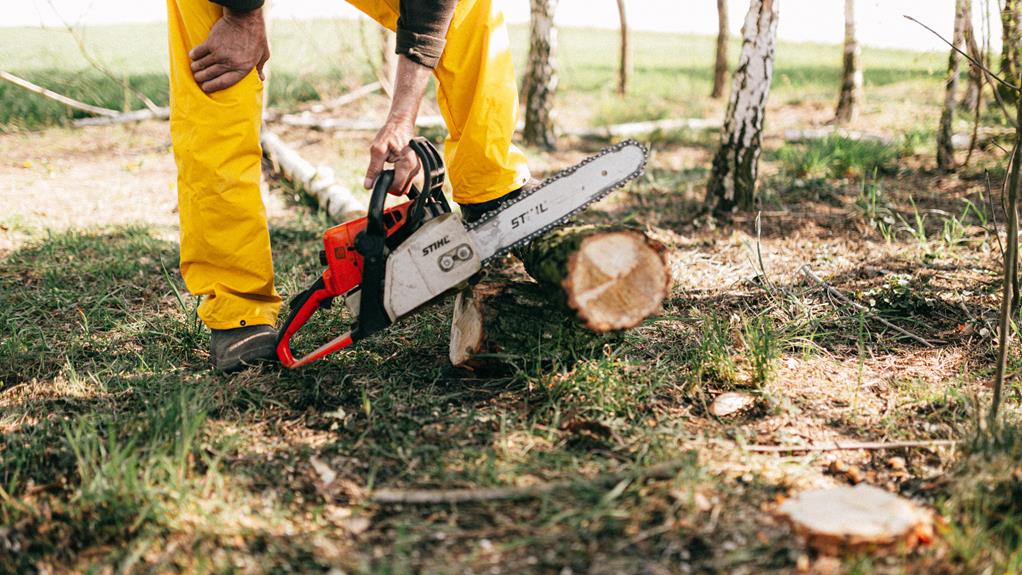


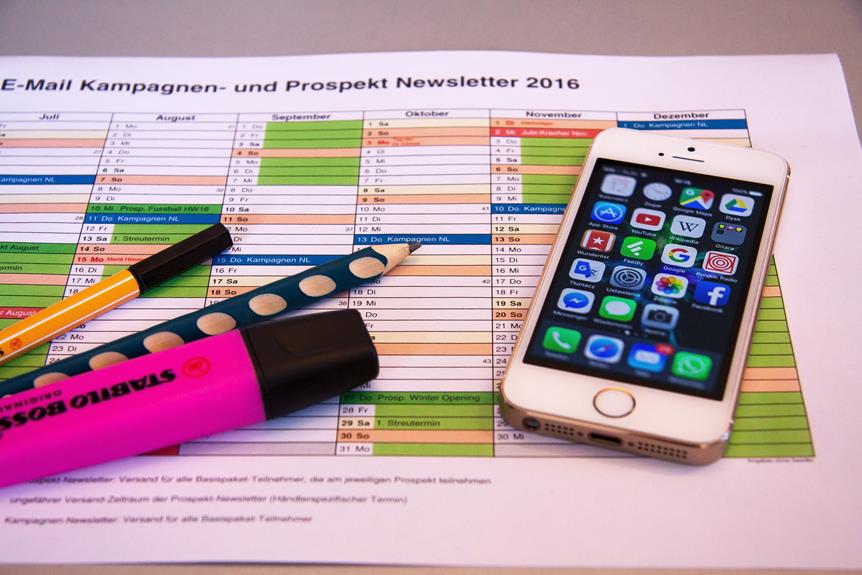
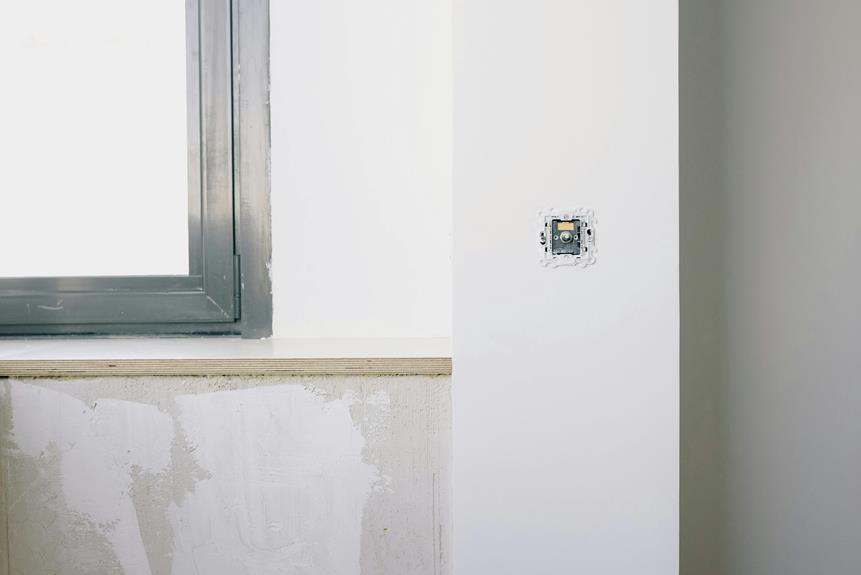
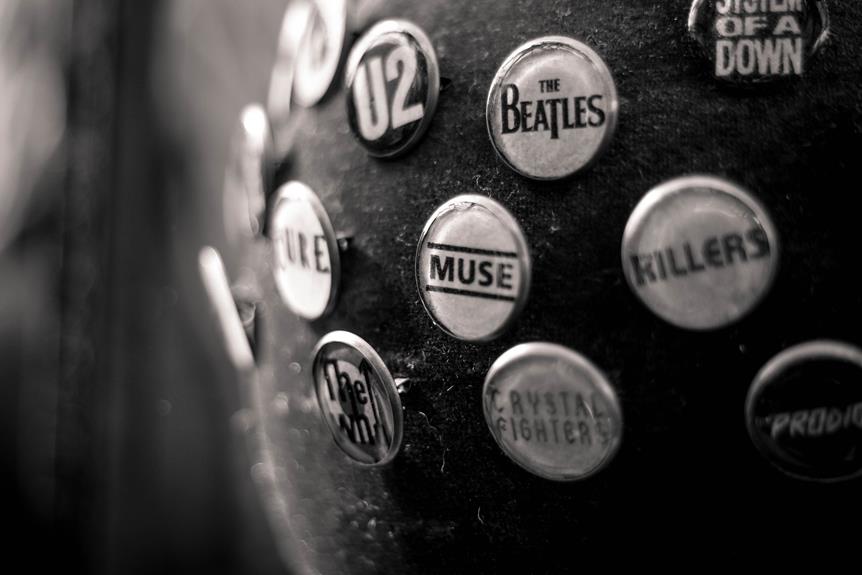
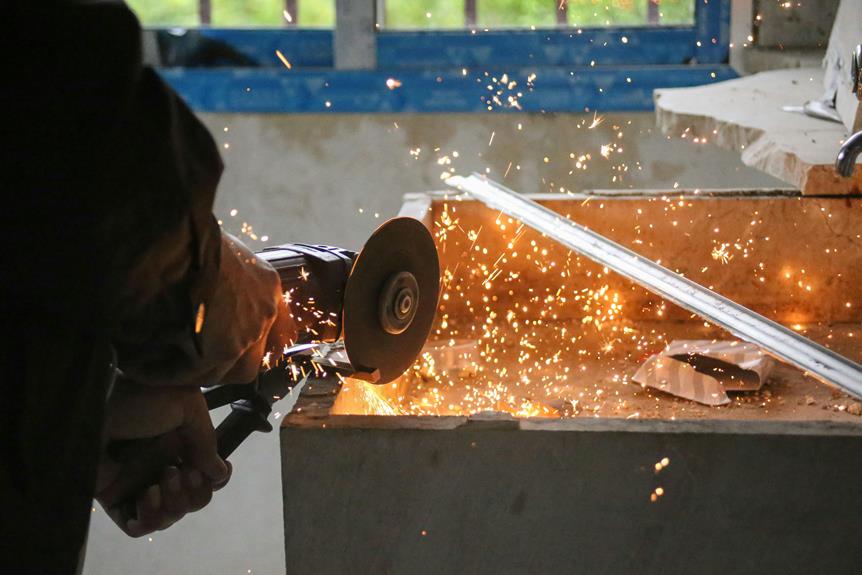


0